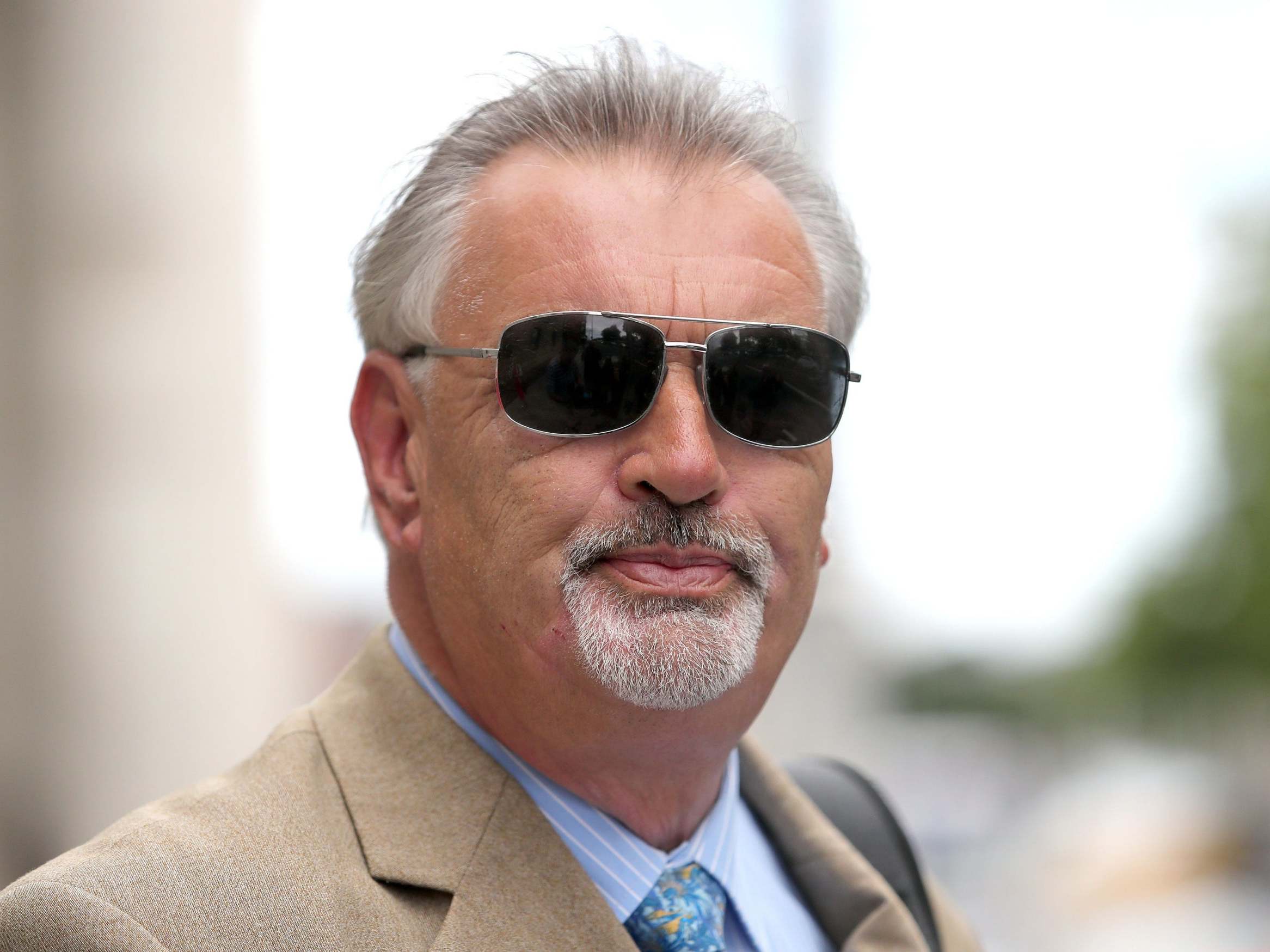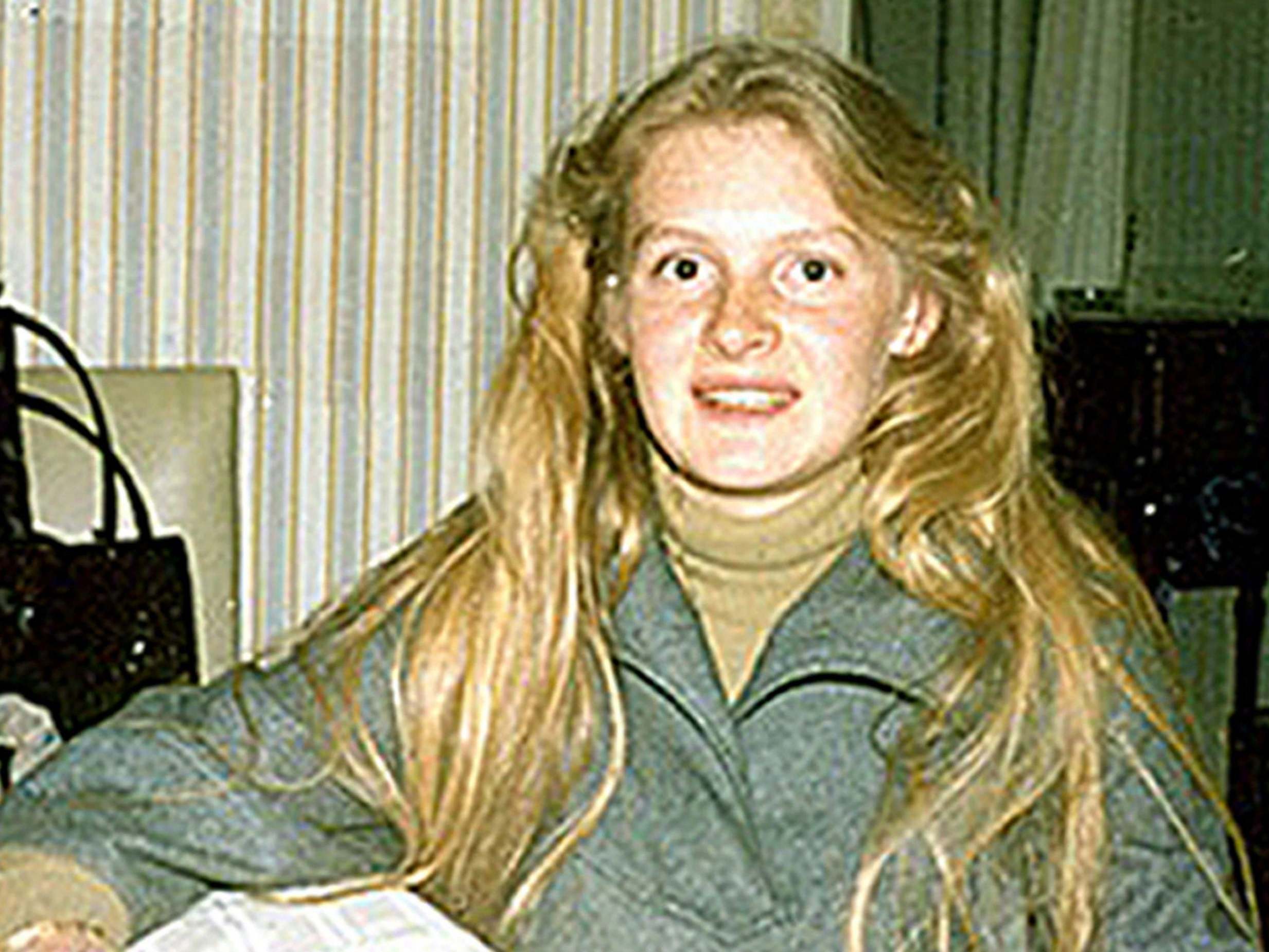Journalist convicted of 1996 murder of French filmmaker's wife 'praying the truth will come out'
Ian Bailey denies killing Sophie Toscan du Plantier on remote hillside in Ireland

Your support helps us to tell the story
From reproductive rights to climate change to Big Tech, The Independent is on the ground when the story is developing. Whether it's investigating the financials of Elon Musk's pro-Trump PAC or producing our latest documentary, 'The A Word', which shines a light on the American women fighting for reproductive rights, we know how important it is to parse out the facts from the messaging.
At such a critical moment in US history, we need reporters on the ground. Your donation allows us to keep sending journalists to speak to both sides of the story.
The Independent is trusted by Americans across the entire political spectrum. And unlike many other quality news outlets, we choose not to lock Americans out of our reporting and analysis with paywalls. We believe quality journalism should be available to everyone, paid for by those who can afford it.
Your support makes all the difference.A former journalist convicted of murdering a French filmmaker’s wife more than 20 years ago said he is praying the truth will come out.
Ian Bailey insists he was not responsible for the death of 39 year-old TV producer Sophie Toscan du Plantier despite the ruling of a Paris court on Friday.
Irish authorities twice refused to extradite him to France for the trial but a judge convicted him in his absence and sentenced him to 25 years in prison.
Mr Bailey, who lives in County Cork, Ireland, dismissed the evidence against him as a “bundle of lies” and described the conviction as “water off a duck’s back”.
“I know there are people in this country who know that it was not me that was the culprit,” the 62-year-old told Irish broadcaster RTE. “And I know that, sitting on that, my prayer has been that the truth will come out.”
The victim was the wife of celebrated cinematographer Daniel Toscan du Plantier, who worked with the directors Federico Fellini, Ingmar Bergman and Andrei Tarkovsky.
Her body was found on an isolated hillside in in Toormore, near Schull, in the far south of Ireland, two days before Christmas 1996.
She had been battered to death with a concrete block as she tried to flee her attacker at her holiday home.

The case remains one of Ireland’s most notorious unsolved killings.
Bailey, who lived three kilometres from Ms Toscan du Plantier, was arrested twice in connection with the death but was never charged, amid allegations of incompetence and corruption against local Irish police.
Marie Farrell, the only witness to put him at the scene at the time of the killing, later retracted her evidence, claiming she had been groomed and bullied by investigators into giving false evidence.
Frustrated by the lack of progress in Ireland, the French authorities started their own investigation in 2008 – even exhuming Ms Toscan du Plantier’s body in the hope of finding further forensic evidence.
Bailey’s trial at the Cour d’Assises in Paris – the region’s highest criminal court – lasted only three days and relied mainly on written statements.
Just two live witnesses gave evidence before the presiding judge and two professional magistrates.
The evidence included an alleged confession made to one of Bailey’s friends. Prosecutor Jean-Pierre Bonthoux claimed Bailey drunkenly attacked Ms Toscan du Plantier after she refused his advances.
Presiding judge Frederique Aline said there was “significant evidence” of Bailey’s guilt and ordered that a new EU arrest warrant be issued.
The court will decide on 11 June how much compensation Bailey has to pay Ms Toscan du Plantier’s family.
Bailey said Ms du Plantier’s family was told a “bundle of lies from the beginning”, and added: “They chose to believe that and they still have my sympathy.”
Mr Toscan du Plantier died at the Berlin Film Festival in 2003.
Additional reporting by Press Association
Join our commenting forum
Join thought-provoking conversations, follow other Independent readers and see their replies
Comments